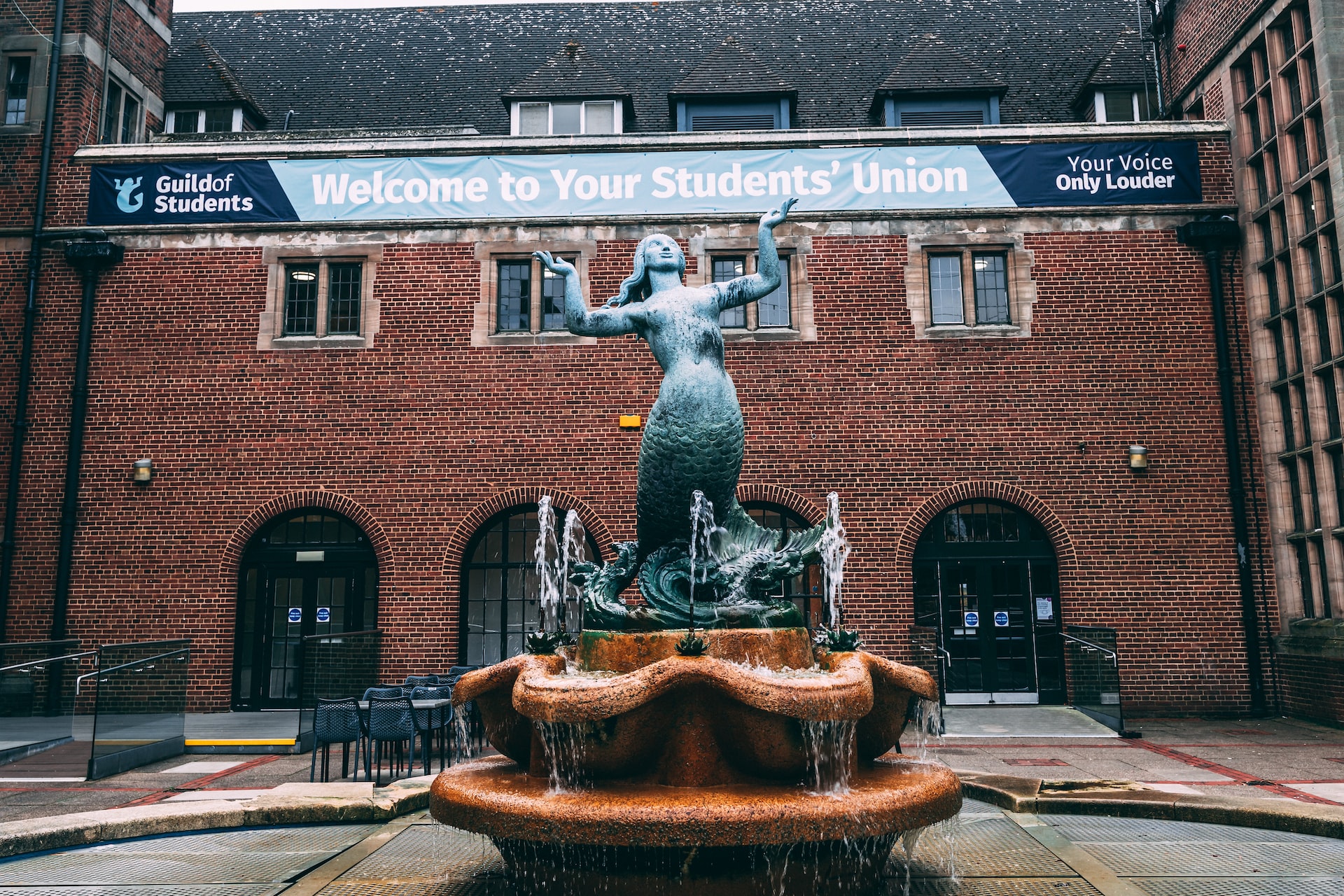
News Editor Charlie O’Keeffe reports on the Ethnic Minority Officer Interview from media day
On Thursday 16th, Semmer Preet Singh, who is running for the Ethnic Minority Officer role, accepted an invite from Burn FM to be interviewed by Joshua Herman to talk about his campaign and manifesto. This is what he had to say.
The first question Joshua asked was what makes Singh think he is qualified to be the voice of ethnic minority students. He answered that, due to his experiences as an international and ethnic minority student, he understands ‘the challenges of ethnic minority students’ and how these can be solved. He believes he can use solutions he has personally put in place and instil them in the wider university community.
Joshua asks him how his manifesto will make the university community more inclusive. Singh says he will raise awareness ‘about the challenges faced by the students’ and create more ‘safe spaces for ethnic minority students where they can express themselves freely’. He plans to ‘focus on advocating for all rights’ of ethnic minority students, and suggests he wants ‘equal representation’ for minority students and will encourage them to participate in ‘events’ throughout the university.
Joshua says that previous Ethnic Minority Officers have stressed the need to make student societies more diverse and asked what Singh thought about that. Singh agreed with this need to diversify societies and wants to ‘encourage’ more ethnic minority students to take part. Joshua follows up by asking why students should vote for Singh who responds that he has experience. He describes being a student representative during his school career, and how he is currently a ‘student rep’ at Birmingham International Academy.
Singh says he will raise awareness ‘about the challenges faced by the students’ and create more ‘safe spaces for ethnic minority students where they can express themselves freely’
Joshua asks if Singh has taken anything away from the work of his predecessor. Singh responds that he read the previous manifesto of the Ethnic Minority Officer in 2022 and said that he appreciated her desire to ‘represent’ ethnic minority students in all areas of university. He admired that she talked about raising awareness about how we can resolve ‘ethnic minority issues in the university’. He says he will draw on these things in his own campaign.
Joshua asks him if he has thought about how to tackle higher ethnic minority student dropout rates, and ensure such students feel included. Singh says that ethnic minorities often come from ‘very distinct cultures’ and so have ‘different norms and values.’ He says that when the students are starting to ‘indulge in British society’ they may not feel comfortable. He argues that this could be solved by ‘combining’ the cultures together and finding a ‘balance’. When asked how achievable his manifesto is Singh responds that he believes it is. He argues that the university is already ‘very inclusive and diverse’ and that we have students from ‘all walks of life’. He says to achieve his goals we need ‘the spirit all over the campus to bring change in our thinking and to bring change in our actions’.
Joshua references the criticism the Guild has faced for inaction in the past, especially lack of communication between officers and students. Singh responds that ‘sometimes the Guild officers didn’t manage very well’, in particular with managing to balance their work with their studies. He believes, however, that he would be able to balance, citing his high performance in semester one which he says was the best in his whole department. He argues, therefore, that he is already good at balancing work with other commitments, since he’s currently a student rep.
When asked how achievable his manifesto is Singh responds that he believes it is
Joshua asks him to elaborate on his prior leadership experience. Singh describes how he has been a class rep when he was still living in Pakistan, and that some groups were ‘very marginalised’ which was something he had been tackling there. He also says that this gave him experience managing events. Joshua asked him to elaborate further on how he will bring these skills to the university. Singh responds to this by describing how he managed the cultural event. He said that in his country, ‘like British society’, they have many cultures so they managed to represent many religions, ideologies, and cultures which created a very ‘comfortable’ and ‘peaceful atmosphere’ throughout his university. Therefore, he plans to replicate the event at Birmingham because it makes students feel ‘indulged, included, and empowered’.
Joshua asks if Singh thinks he’ll be an effective voice as the ethnic minority officer, through using communication with students. Singh says that ‘students are often shy’ to talk about issues and challenges and that you have to position yourself as a ‘big brother’, emphasising the need for friendliness to make people ‘comfortable’ with him.
Joshua asks Singh about his own experience and whether he has felt included by societies. Singh responds with the examples of the Sikh society and Muslim society who he says when they organise events it means only ‘one group’ is involved. He argues that there should be ‘a harmony between all religions’ so they organise ‘together’. Singh’s final comment is that whilst there are pros to the University of Birmingham community, ‘there are some cons’. He says, ‘we have to perfect the society’, whilst acknowledging we can’t be 100% perfect. He states that ‘I will be that person who will improve the University and the community, and including and empowering the students, day by day.’
Comments